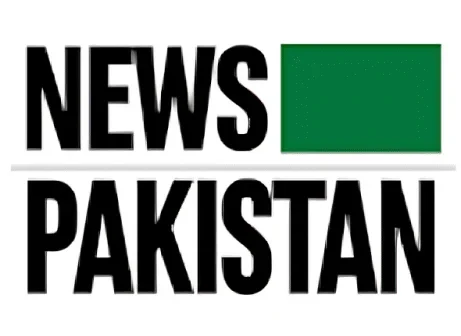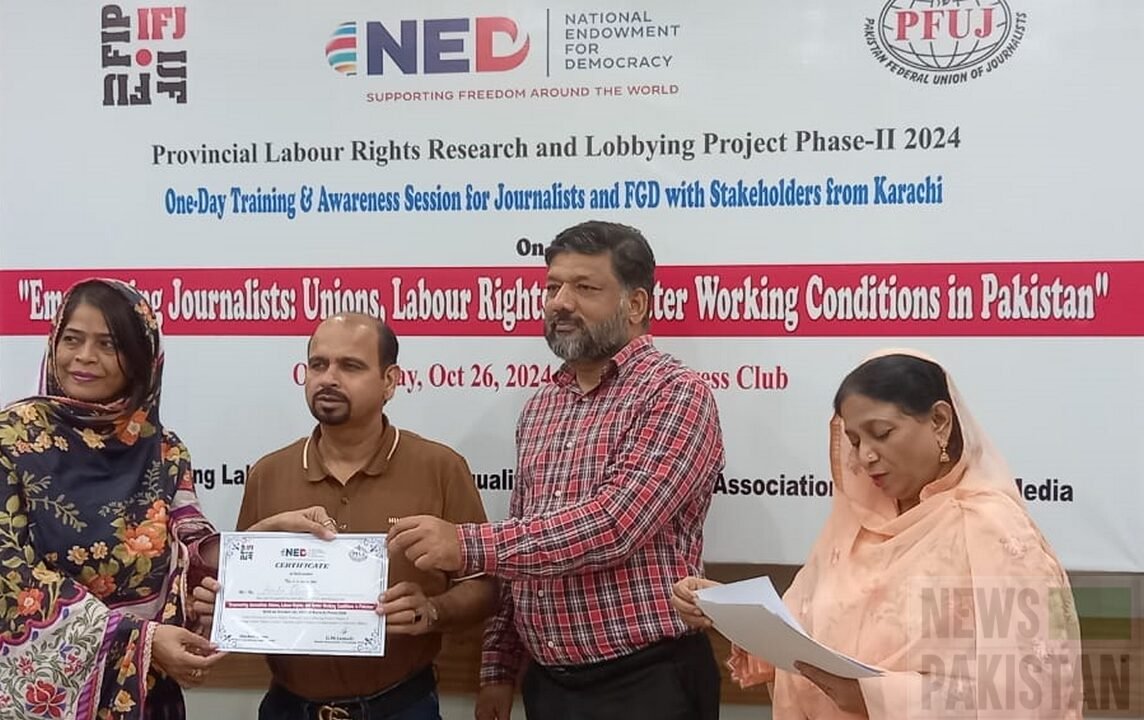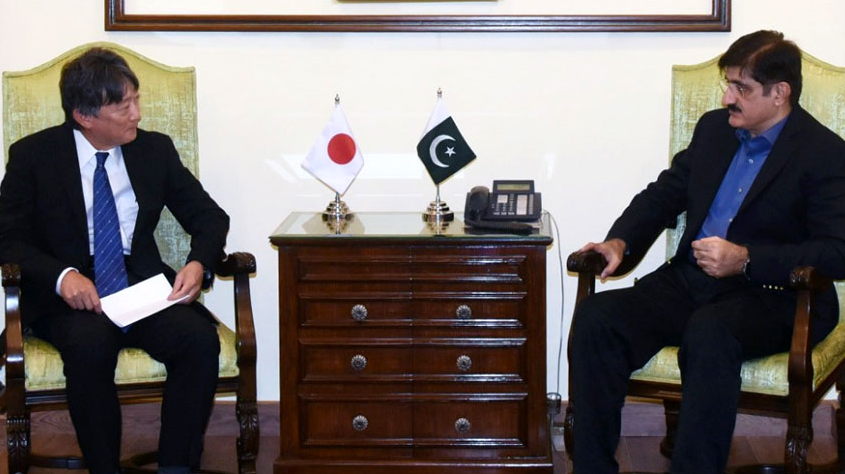KARACHI: Speakers unanimously agreed that the lack of unity among journalists, ban on trade unions, absence of CBA unions in media organizations, and the decline in trade union activities are key factors contributing to the challenges faced by journalists working under severe condition.

They expressed these views at a training workshop for journalists organized by the Pakistan Federal Union of Journalists (PFUJ) in collaboration with the International Federation of Journalists (IFJ) and the Karachi Union of Journalists at the Karachi Press Club.
Addressing the closing ceremony, President PFUJ, G M Jamali emphasized that PFUJ has always aimed to raise awareness about labour laws among journalists so they know their rights when joining media organizations and understand where to seek redress for any issues they face.
He said Joint Action Forum, a platform where all trade unions collectively raise the concerns of journalists and workers, symbolizes unity among various groups of workers and journalists.
Senior journalist and head of the Green Panel of KUJ, Hasan Abbas, pointed out that while journalists often criticize unions for not resolving their problems, they fail to realize that unions can only take action if journalists come forward and file cases. He encouraged journalists to join unions to ensure their survival and maintain unity.
PFUJ Vice President and Project Coordinator Sheher Bano explained that the goal of the program, supported by the National Endowment for Democracy, is to discuss journalists’ challenges, develop recommendations for solutions, and enhance journalists’ understanding of labour laws. These recommendations will be discussed with relevant authorities to improve journalists’ working conditions. She added that the training series will continue in other districts of Sindh in the future.
In a session on Anti-Workplace Harassment laws, Bano guided female participants on filing complaints in cases of harassment at work. Expert trainer Zubair Ashraf provided insights into the history of trade unions and discussed laws protecting workers and journalists, such as the Newspaper Employees Conditions of Service Act, PEMRA Ordinance, and PECA, emphasizing the importance of knowing these laws.
Senior journalist and IFJ’s Gender Coordinator in Pakistan, Lubna Jerrar Naqvi, shared insights on leadership qualities, urging journalists to adopt leadership roles within their communities. Secretary of the Karachi Press Club, Shoaib Ahmed, highlighted the Club’s role in labour rights education and stressed the importance of union participation.
During group discussions, participants actively engaged in addressing journalists’ challenges and offered solutions, appreciating the valuable insights gained on labour laws. The workshop concluded with the distribution of certificates to participants.

Newspakistan.tv





